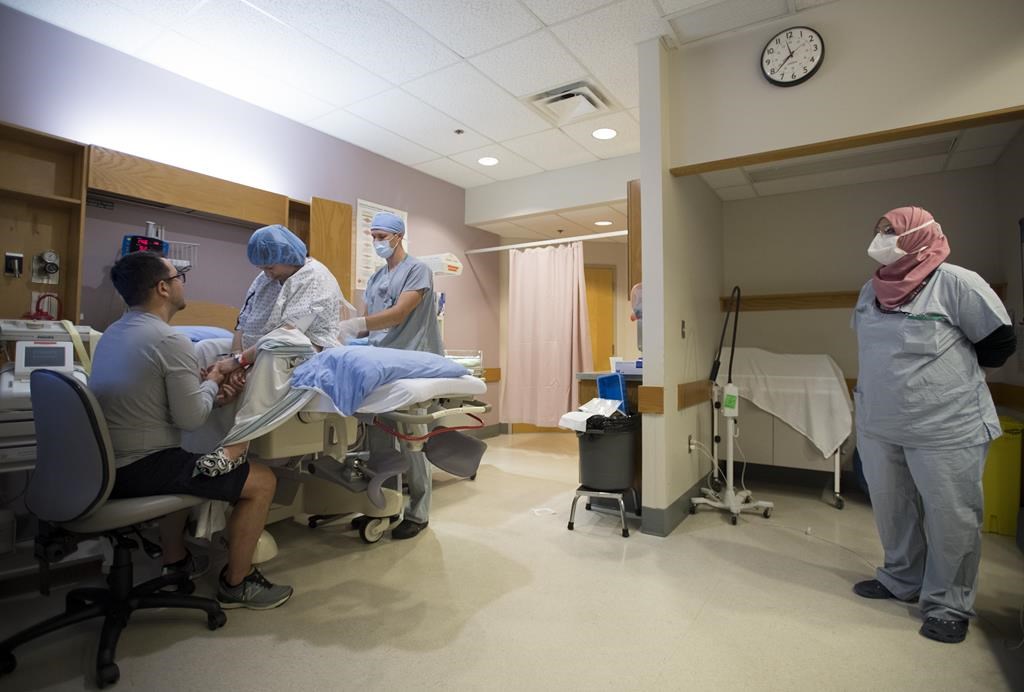A new report warns the B.C. government is growing increasingly reliant on surgeries outsourced to private clinics, paid for with public money.

The report, produced by left-leaning think tank the Canadian Centre for Policy Alternatives, found that British Columbia spent $393 million on surgeries at private clinics over the last six years, a 57 per cent increase over that time period.
On an annual basis, spending climbed from $47.9 million in 2015/2016 to $75 million last year, as the province leaned on 45 private clinics to help it clear the pandemic-driven surgical backlog.
“This sector continues to pull the limited specialized healthcare workers we have in the province out of our public hospitals,” said report author and SFU health policy researcher Andrew Longhurst.
While in the short term outsourcing to private clinics may help cut waitlists, he said, their use comes with costs of its own.

Amid the string of recent closures and diversions at B.C. hospitals due to a lack of staffing, the public system can’t afford to lose any more specialized staff, he said.

Get weekly health news
“This is making the public sector staffing challenges worse because its drawing on that same pool,” he said.
“It makes ramping up capacity in our public hospitals much more difficult.”
Longhurst’s report also cited research showing procedures at for-profit facilities can cost between twice and four times as much as in the public system.
Responding to the report Wednesday, B.C. Health Minister Adrian Dix said just one in 25 surgeries in the province is currently done outside of the public sector.

The province is also focusing on pushing that number down, he said, and has purchased two private surgical centres.
“We’ve engaged in surgical renewal, 400 trained new surgical nurses, a hundred new medical device technologists, 84 measures to increase the capacity not of the private system but of the public system, this has been period of remarkable of the public system and the public responses to surgery,” he said.
The province has nearly doubled the number of MRIs conducted under the public system since 2016, he said.
It has has gone from near the bottom to the top of the Canadian Institute of Health Information rankings when it comes to MRI, knee replacements and hip replacement wait times, he said.
“The number o public MRIs has gone up dramatically, the number of private MRIs has gone down dramatically, and to say that is the corporatization of health care is just not accurate,” he said.
Longhurst acknowledged the province’s successes in cutting MRI wait times, but said the province needs to bring that energy to protecting the public surgical system.

“(Private surgeries have) been used to a significant extent to help work down the pandemic backlog, but what we need to see going forward is a phased, thoughtful approach to increase our public sector capacity for surgeries and diagnostic imaging,” he said.
To that end, he said the province needs to scale up successful efficiency-oriented pilot projects, such as centralized referral system.
And the province needs to address its overwhelmed hospitals, starting with expanding access to primary care in the community to keep seniors and people with complex care needs from relying on hospital beds needed for surgeries.









Comments